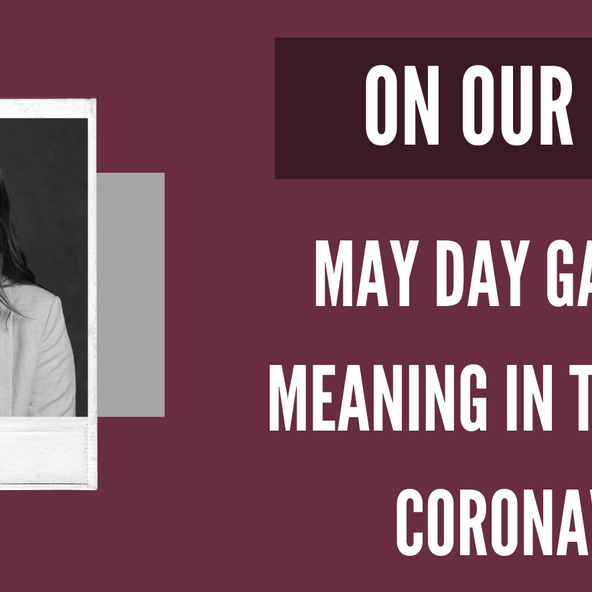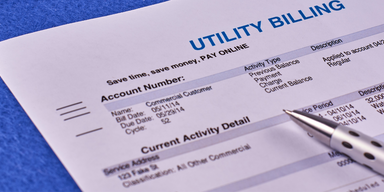
Last Friday, we observed what has come to be known as “May Day.” On May 1, 1886, workers and labor activists in Chicago convened for a general strike in favor of the 8-hour work day. What began as a peaceful rally turned explosive when police shot into the crowd killing four people. This event, later dubbed the Haymarket Affair, paved the way for decades of labor action, leading to the 8-hour work day and other employee protections worldwide. To commemorate this struggle, many countries have instituted International Workers Day (also known as May Day) as a holiday.
International Workers Day is celebrated in over 66 countries yet it is not celebrated here in the United States, where it initially took root. Now more than ever, it is important to recognize the parts of our history that dismiss worker’s rights and their need for protections, especially as essential workers are facing the COVID-19 pandemic’s largest burdens. There is still monumental work to be done to protect workers.
Over the past eight weeks, the unemployment rate has skyrocketed due to COVID-19, resulting in 30.3 million first-time unemployment claims filed nationwide. Since the beginning of the outbreak, DC workers filed 50,000 unemployment claims (as of April 5th). As the proliferation of this virus continues to reshape our day-to-day world, we need to work to protect workers from the dangers of the virus in all forms, including unemployment.
In the age of coronavirus, “essential workers” are being forced to choose between risking their health to go to work or losing their job. Healthcare and custodial workers lack appropriate personal protective equipment (PPE) and are being asked to continue their work despite inadequate protection. Many of the workers deemed essential have not received hazard pay and some do not have paid sick leave, yet they are working more hours. As of April 12, 41 grocery store workers have died from COVID-19.
Despite the economic impact of the virus, some companies are continuing to earn increased revenue. Even so, workers continue to face dangerous and risky conditions and some have begun to speak out about this incongruity. Kenya Slaughter, a worker at Dollar General in Louisiana, explains how her store’s revenue has almost doubled but workers have not received any extra hazard pay to keep the stores running. As essential workers have continued to work without PPE or hazard pay, worker solidarity has become critical to surviving this unprecedented pandemic.
In recognition of May Day, groups of numerous front-line workforces have announced that they will call in sick or walk out of work to show worker solidarity and to advocate for better protections in light of the pandemic. This effort comes after weeks of organizing for protection and hazard pay and in spite of threats and potential retaliation from their employers. As the unemployment rate increases and workers bear the brunt of the consequences of COVID-19, it seems difficult to be optimistic. However, workers are seizing this opportunity to make positive change for themselves. While the past 8 weeks have altered many aspects of our lives, it is critical to reflect and think about how to protect the workers being hit hardest by COVID-19 and how to use this moment to create large-scale change.
Although Legal Aid does not practice employment law, we do help with unemployment benefits. If you have questions or need assistance with D.C. unemployment benefits, please call us at (202) 628-1161 or fill out an online intake application.




